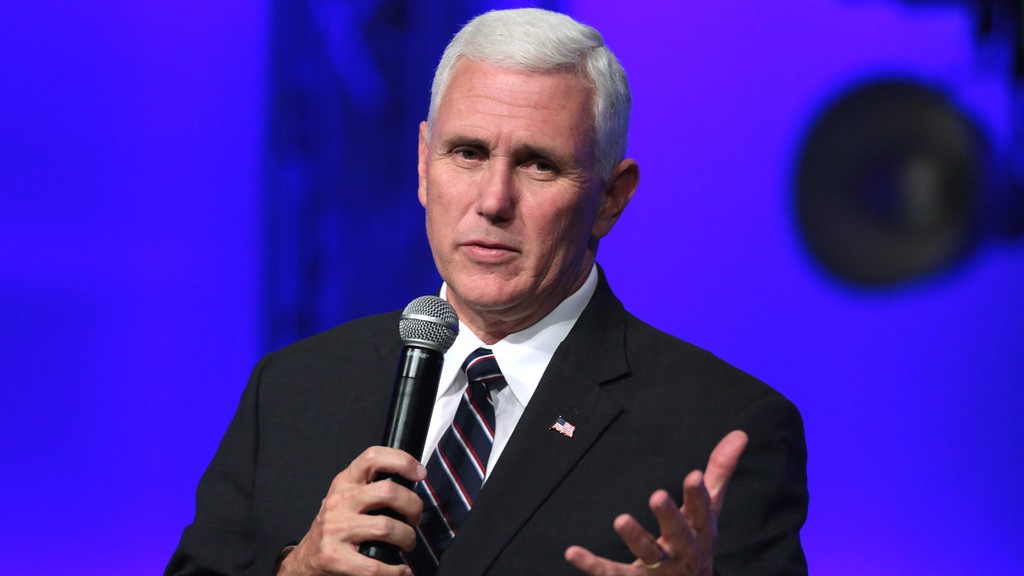Mike Pence Rallies For School Choice In Michigan
Mike Pence rallied for school choice in Michigan, supporting a campaign that would give parents more school options.

There are many topics in education that parents and officials fight over, but when it comes to school choice, the majority of all parents in the U.S. support it. School choice, or the ability for families to choose which path of education they desire for their children, has been gaining traction for decades, and many Republican lawmakers have been hearing parent’s outcries, as they push for more parental rights. The former Vice President, Mike Pence, is one advocate of the measure, and he recently spoke in Michigan, advocating a push for the cause.
According to The Detroit News, Mike Pence spoke at a rally inside a high school in Rochester Hills on Tuesday, May 17th. Saving any political agenda for another time, the V.P focused his discussion on advocating for more school choice in The Great Lakes state. To this, he backed up a proposed scholarship and tax credit program being touted by some lawmakers in the state. If passed, the program could make private schools more accessible to a greater range of families.
The initiative Mike Pence is supporting is being called the Let Kids Learn campaign. It was launched this past November, and it focuses on two separate petitions that might change Michigan tax laws. If successful, the effort would allow donors to receive tax credits for money through a scholarship fund. It could be used for various educational expenses. The program would be limited to $500 million every year.
Additionally, the program Mike Pence is advocating for could benefit families of low income along with those with special needs students. Those who wish to choose public schools would not be left out of the benefits of the program. They could receive up to $500 in funding for additional tutoring. As for those who wish to attend private schools, they could receive up to 90% of the state’s per-student funding dollar amount that currently goes to public schools. This would likely give those families up to $7,000 to fund private school tuition costs.
The petition campaign still needs to gather more than 340,000 validated signatures before it can make its way to congress. But luckily for its backers, the petition would be able to override a veto from the state’s Democratic Governor, Gretchen Whitmer, and go straight to the Republican-led legislatures for what would likely be an approval. Talking the measure up on Tuesday, Mike Pence said that the program would allow every single family in Michigan the opportunity to choose which form of school they receive from public, private, parochial, Christian, or homeschool. “It’s an idea whose time has come,” he added.
Despite Mike Pence and other leaders’ support for the campaign, detractors fear that it would have negative effects statewide. For one, they fear that it would divert tax money away from already underfunded public schools into private ones, where funding is not tracked. Secondly, opposers argue that politicians advocating for school choice aren’t telling the real truth about how the initiative works. Even though the effort places the per-pupil funding straight into the hands of parents, they point out that those dollar amounts often don’t add up to the cost to attend pricey private schools. Therefore, they argue that it only benefits the wealthiest families by giving them extra funds to pay for their children’s private education. Some of the top-notch private schools in Michigan can cost upwards of $60,000 a year for families, and the average cost for a private high school sits around $10,000 per year.

Furthermore, Mike Pence touted his support for more school choice in Michigan as a means to fight government control over education. “It’s a lack of leadership, but it doesn’t have to be this way,” he said. As more and more politicians show support for these education initiatives, there will likely be more bills introduced throughout the United States over the next few years seeking to give parents a larger say in how, and where, they educate their kids.



